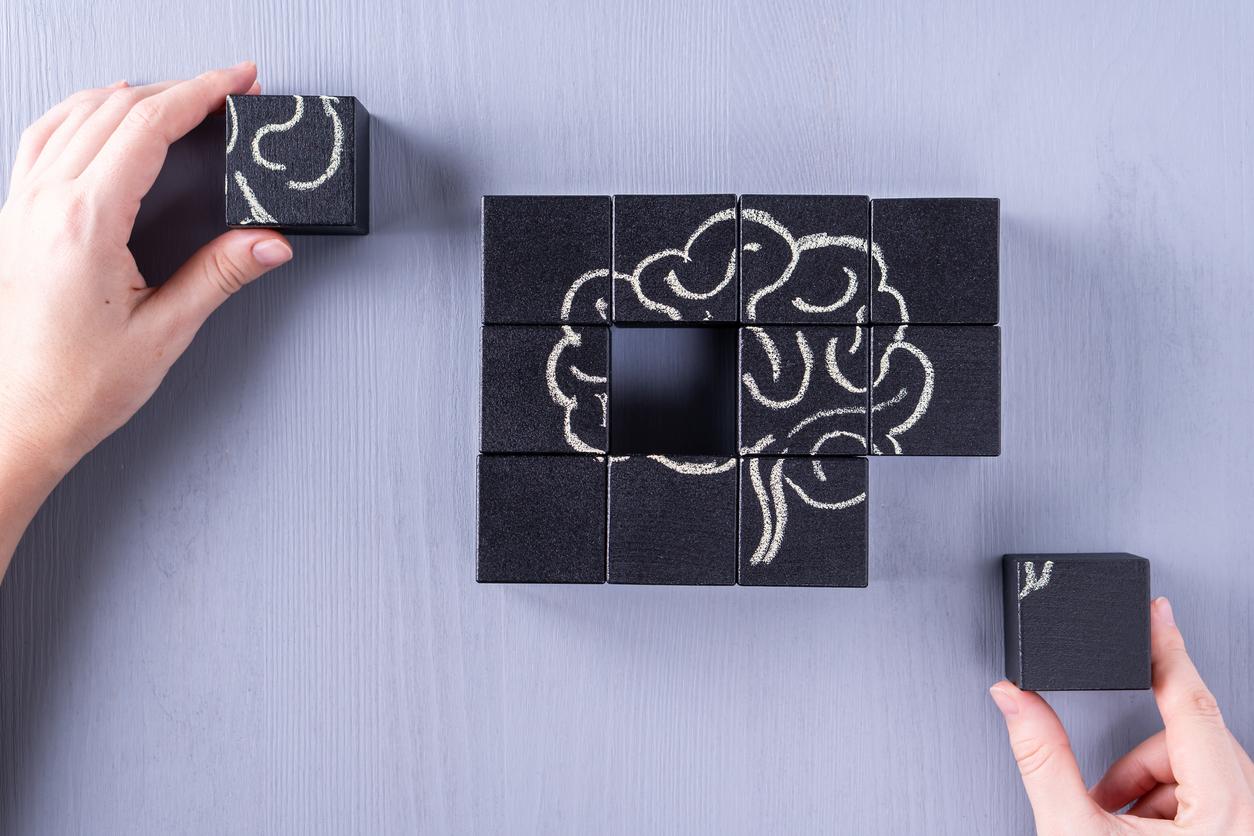Pets can help people with less resilience cope with the stresses of everyday life.

- One in two French households owns at least one pet, according to statistics from the Ministry of Agriculture.
- Cats are the most present in French homes according to a survey by the Kantar Institute for Studies and Advice in April 2022.
A new study shows how rich and complex the relationship between humans and their pets is… Indeed, while it is commonly accepted and scientifically proven that pets are good for humans, Ece Beren Barklam, a psychology student discovered that this connection was anything but simple.
Covid-19 pandemic: pets have improved morale
As part of her doctorate, the scientist sought to find out whether owning a pet was linked to better mental well-being during the Covid-19 pandemic and what role individual characteristics of people, such as than resilience, play in the relationship between pet ownership and positive or negative mental health. His results, published in the journal Anthrozoos are surprising.
Overall, the study did show that pets had a positive effect on the lives of their owners during the pandemic. Greater exposure to the animal – such as walking it or playing with it more often – was linked to better mental health. Owners who spent more time interacting with their pet during this period said they were happier than others.
Do not give more consideration to your animal than to those around you
But the study also looked at how emotionally attached an owner is to their pet, and found that unhealthy attachment was linked to poorer mental health, while healthy attachment improved well-being in people with low resilience. In psychology, resilience is the cability to overcome traumatic shocks, according to the Le Robert dictionary.
“When the owner considers their pet to be more important than the people around them, the study found that they were lonelier, more unhappy and less resilient. They also scored lower on general mental well-being. This type of attachment may reflect an unhealthy bond, where the owner treats their animal as if it has human motivations and traits, which could be a kind of anthropomorphism“, explains Ece Beren Barklam.
As part of her PhD, Ece Beren Barklam is currently conducting a second study in London aimed at determining how pets and human-animal interactions affect romantic relationships, friendships and well-being.
Whether or not you have a pet, it is possible to participate in the second study.















